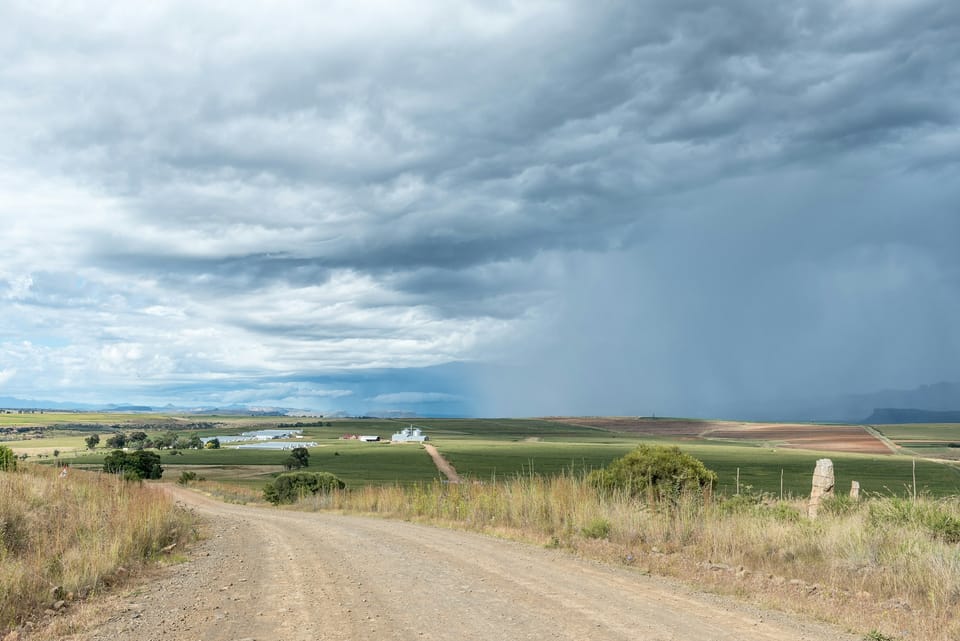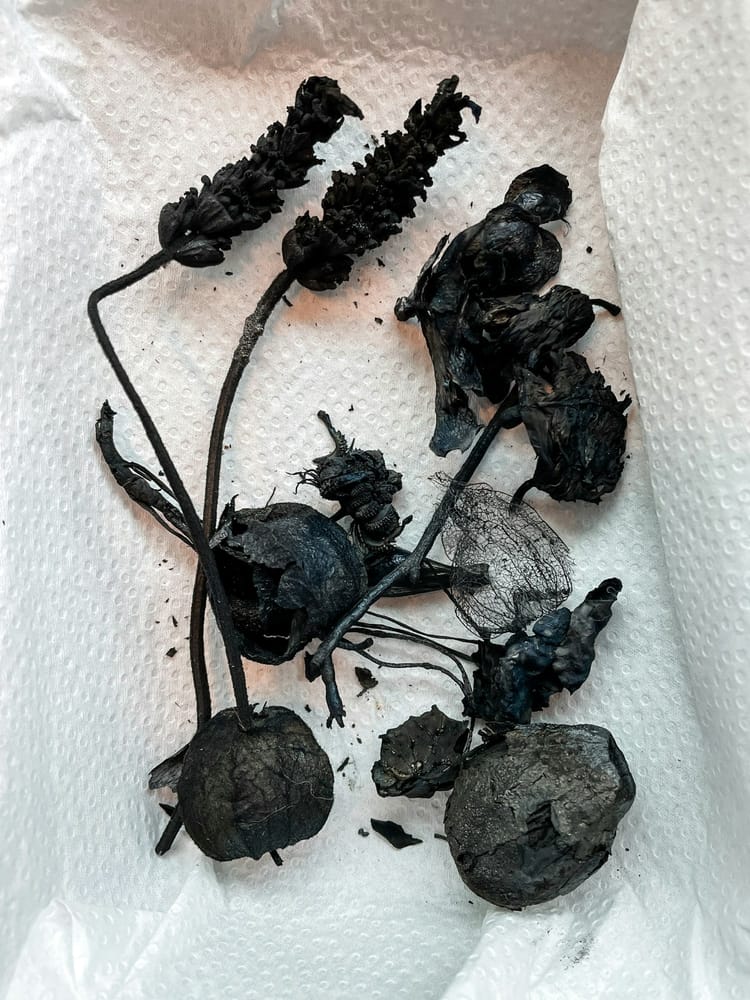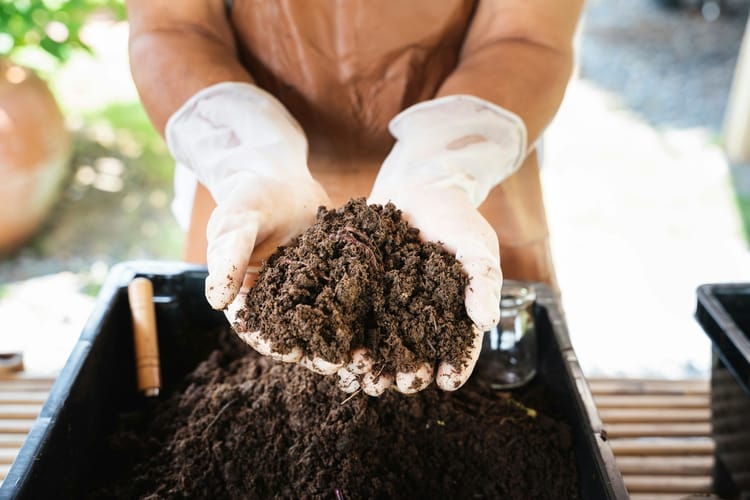AI revolutionizes farming practices in Manitoba

Artificial Intelligence (AI) is transforming the agricultural landscape in Manitoba, Canada, as farmers embrace cutting-edge technologies to optimize their farming practices. By integrating AI-powered tools and systems, farmers are experiencing increased efficiency, productivity, and sustainability in their operations.
Precision Agriculture
One of the most significant applications of AI in Manitoba's farming sector is precision agriculture. AI-driven systems analyze vast amounts of data collected from sensors, drones, and satellites to provide farmers with valuable insights into soil health, crop growth, and weather patterns. This information enables farmers to make data-driven decisions regarding planting, fertilization, irrigation, and pest management, ultimately leading to higher yields and reduced waste.
Farmers in Manitoba are using AI-powered soil sensors to monitor moisture levels, nutrient content, and other critical parameters in real-time. By optimizing irrigation and fertilization based on these insights, farmers can minimize water and chemical usage while ensuring optimal growing conditions for their crops.
Autonomous Machinery
AI is also revolutionizing the way farmers operate their machinery. Autonomous tractors, harvesters, and other agricultural vehicles equipped with AI-powered navigation systems are becoming increasingly common in Manitoba's fields. These machines can work around the clock, reducing labor costs and increasing efficiency. AI algorithms ensure precise planting, spraying, and harvesting, minimizing human error and maximizing output.
Furthermore, AI-powered maintenance systems can predict and prevent equipment breakdowns, reducing downtime and repair costs. By analyzing data from various sensors and historical maintenance records, these systems can identify potential issues before they cause significant problems, allowing farmers to schedule maintenance proactively.
Crop Health Monitoring
AI is playing a crucial role in monitoring crop health and detecting potential threats such as pests, diseases, and nutrient deficiencies. Computer vision algorithms analyze high-resolution images captured by drones and satellites to identify signs of stress or damage in crops. This early detection allows farmers to take timely action, such as targeted pesticide application or nutrient supplementation, to prevent crop losses and maintain overall plant health.
Moreover, AI-powered predictive models can forecast the likelihood of pest infestations or disease outbreaks based on weather patterns, historical data, and other environmental factors. These insights enable farmers to implement proactive measures to protect their crops, reducing the need for reactive interventions and minimizing the environmental impact of pesticides.
Something to consider
- AI-driven precision agriculture optimizes resource utilization, leading to increased productivity and sustainability.
- Autonomous machinery powered by AI reduces labor costs, increases efficiency, and minimizes human error.
- AI-based crop health monitoring enables early detection of pests, diseases, and nutrient deficiencies, allowing for timely interventions.
- Predictive models help farmers anticipate and mitigate potential threats to their crops, reducing losses and environmental impact.
As AI continues to advance, it holds immense potential to transform farming practices in Manitoba and beyond. By embracing these technologies, farmers can overcome challenges posed by climate change, resource scarcity, and growing food demand, ensuring a sustainable and prosperous future for agriculture.
Looking for updates? Sign up to our newsletter for weekly snippets.
#Manitoba





